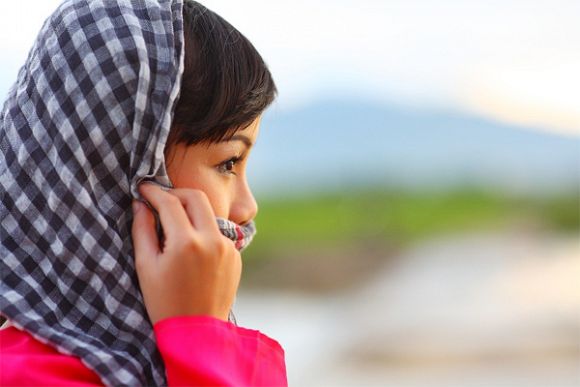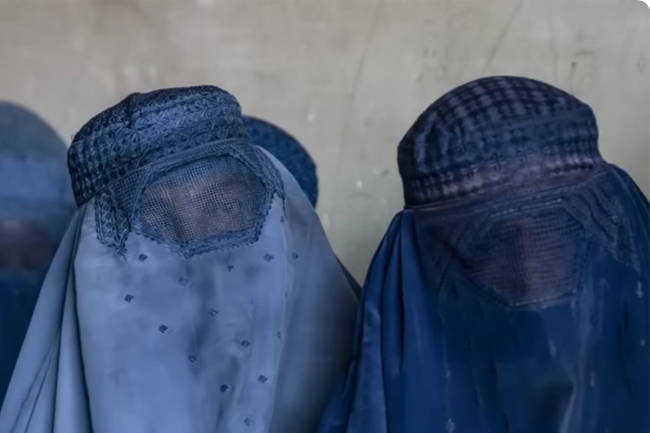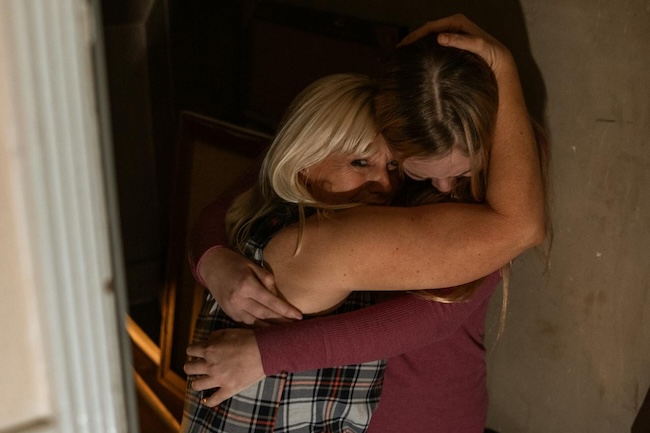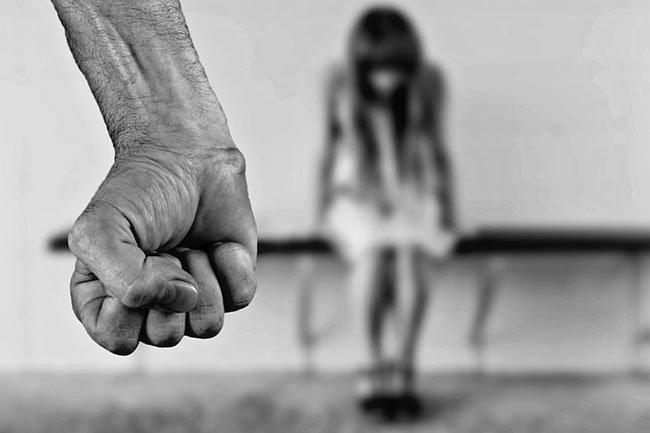With cultures that blame them for what men do to them, women in Pacific countries are being abused. We must speak out, writes Johanna Higgs.
*CONTENT WARNING: This article discusses rape
I WAS on Rarotonga, the biggest of all of the Cook Islands — a small group of islands right in the middle of the Pacific Ocean. I had been trying to hitchhike to one of the nearby beaches and it was hard to get around.
"So what do you do?" The question came from the Cook Islander woman who had kindly picked me up.
"I’m an Anthropologist," I told her. "I mostly write about women’s rights."
She said:
"That is much needed here. One of our biggest problems here in the Cook Islands is domestic violence."
I sighed. I could almost anticipate what she was going to say next.
I have spent most of the last 19 years travelling throughout different parts of the world. I have found that regardless of whether I am in Africa, Latin America, Europe, the Middle East, Asia or the islands of the Pacific, there are violent and discriminatory attitudes towards women and girls everywhere.
It could be sexual harassment and male entitlement to do it. It could be girls being kept out of school, just because they are girls and women being kept out of positions of authority, just because they are women. It might be men hitting their wives with no laws to protect women from it. Or it could be discriminatory laws that give men more rights than women in land ownership, divorce, their children and just about every area of life.
Some places are worse than others and these discriminatory beliefs may vary in intensity depending on where you are in the world — nevertheless, they seem to be prevalent in some form, everywhere.
So I knew that if I asked, I would most likely find that in these beautiful, luscious islands, not only would domestic violence be a problem for women but sexual harassment would be as well. They would most likely tell me that women don’t always get equal opportunities to men and that in many areas of life, women are discriminated against. They would say that the majority of the members of government are male, as are the bosses and heads of companies and industries.
I would also no doubt be told that women and girls who tried to challenge the status quo are criticised and attacked for doing so.
Indeed, throughout the Cook Islands and the Pacific region, violence against women and girls is a serious problem. According to a study conducted by Te Marae Ora Cook Islands Ministry of Health, violence against women and children is ingrained in Cook Islands society. However, according to UN Women, there is very little reliable data on violence against women in the Cook Islands and the problem is largely underreported.
In fact, it appears within the region, the problem is widespread. According to the World Health Organization (WHO), national research conducted in 11 Pacific countries shows that nearly two-thirds of women in Kiribati (68%), Fiji (64%) and Solomon Islands (64%) have experienced physical and/or sexual violence throughout their lifetime. In Vanuatu, it is (60%), Marshall Islands (51%) and Nauru (48%), while the lowest rate is in Palau (25%).
The vast majority of women experiencing domestic violence in the Solomon Islands (70%) told no one about it, not even a friend or family member.
According to the most recent population census or employment survey, women’s participation in management roles is lowest in the Solomon Islands — at just 19%.
In Melanesia, women’s representation is highest in Fiji, with 16% of 50 parliamentarians being women. In Micronesia, Palau has only three women senators which is the highest proportion of women in the region with 10%. There are no female parliamentarians in the Federated States of Micronesia, Tonga and Vanuatu.
Next, the Cook Islander lady said:
"Do you know what I discovered the other day? I learned that here a man still has the right to rape his wife. I couldn’t believe it."
I shook my head. Knowing that it was not just in the Cook Islands where this was a problem.
She continued:
"The problem is, that here, most women are dependent on their husbands for income. So, if he starts beating you and you have little babies, you just have to take it... because you have to be able to take care of your babies."
This is another part of the problem.
Throughout the world, women are not given equal opportunities as men are, to earn a sufficient income to care for their children. A problem that is often made worse by the relentless sexual harassment that takes place on the street, public transport and in the workplace. It makes going to work or school a difficult and uncomfortable task, so much so that some women just choose to not go to school, or work, at all.
With no laws to protect them and cultures that blame them for what men do to them, these women are left with few opportunities — making them reliant on men and vulnerable to abuse.
I sighed again.
Because even on a beautiful island in the middle of the Pacific, there seemed to be no respite from the endemic of violence and discrimination against women and girls around the world.
More needs to change, globally. Women and girls should not be disrespected in the workplace or when they are at school. They deserve to not have men holler at them as they walk down the street or have men behave inappropriately towards them on public transport. Men should not be allowed to hit their wives and women should not be blamed for what men do to them. They deserve to be protected by the law and they especially deserve to not be subject to abhorrent laws like those that allow men to rape their wives.
We need to change attitudes globally and all of us need to put every effort into doing this. We all need to be more vocal in our condemnation of violence and discrimination against women and girls and be active in promoting attitudes, which show that good men don’t abuse women.
This is a problem — we all need to speak out.
When we all start doing that, then we will start to see a change in this global endemic of violence and discrimination taking place against women and girls around the world.
If you would like to speak to someone about sexual violence, please call the 1800 Respect hotline on 1800 737 732 or chat online. Also, you can call Lifeline on 13 11 14.
Johanna Higgs is an anthropologist and founder of Project MonMa, which advocates for women’s rights around the world.
Related Articles
- Global attitudes towards women's rights need to change
- Real men need to speak up against the entitled minority
- Coalition's misogyny stems from a history of female oppression
- Politicians have failed to focus on those COVID-19 has hit hardest
- Men must play a constructive role to achieve gender equality
 This work is licensed under a Creative Commons Attribution-NonCommercial-NoDerivs 3.0 Australia License
This work is licensed under a Creative Commons Attribution-NonCommercial-NoDerivs 3.0 Australia License
Support independent journalism Subscribe to IA.














